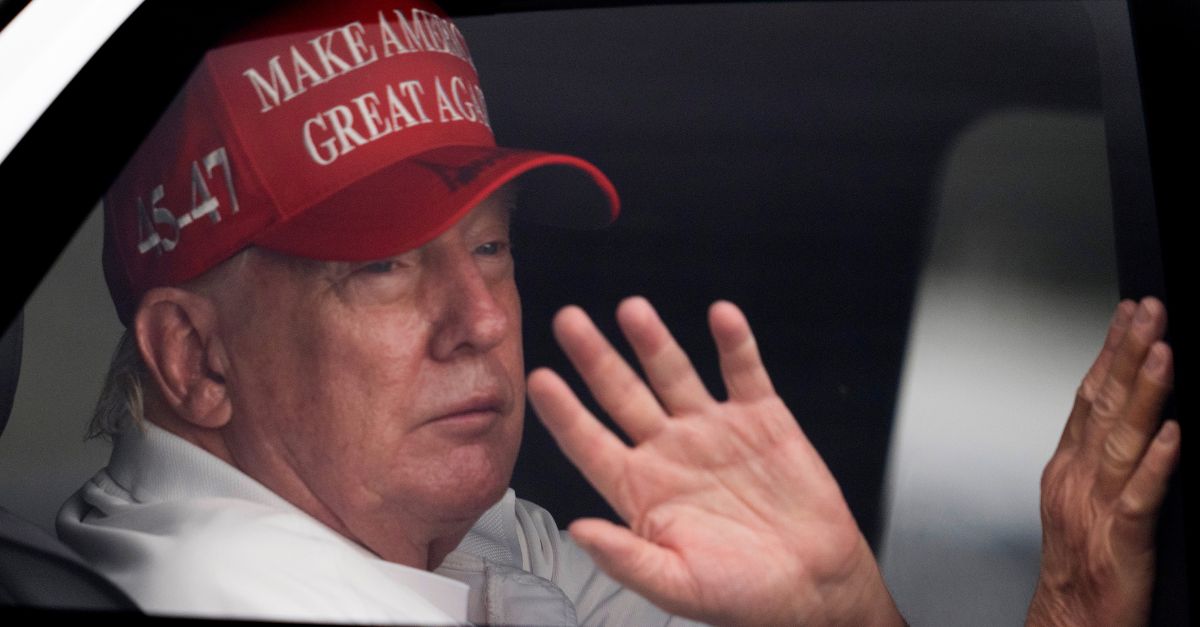Federal Judge Blocks Key Parts of Trump’s Executive Order Targeting Mueller-Linked Law Firm
In a major legal pushback, a federal judge has blocked key sections of former President Donald Trump’s executive order that targeted a high-profile law firm with ties to Robert Mueller’s investigation. The decision signals yet another courtroom battle between Trump and the legal community, with judges questioning the legality of his actions.
What Was Trump’s Executive Order About?
The executive order, signed by Trump, sought to punish several prominent law firms, including Perkins Coie, Jenner & Block, and WilmerHale. These firms played roles in legal battles involving Trump’s presidency, with Perkins Coie famously linked to the Steele dossier—an intelligence report used in the Russia investigation.
Trump’s order aimed to revoke the firms’ security clearances, restrict their access to federal buildings, and review government contracts they held. The administration argued that these legal groups had been working against the government’s interests and should not benefit from federal contracts or access.

Why Did a Judge Step In?
Federal judges quickly intervened, with U.S. District Judge Beryl Howell leading the charge. She issued a temporary restraining order, blocking key parts of Trump’s directive, particularly those affecting Perkins Coie. Howell cited serious concerns over First Amendment violations, arguing that punishing law firms for representing clients in politically sensitive cases was a dangerous precedent.
Other judges, including John Bates and Richard Leon, also put a stop to sections of the order that targeted Jenner & Block and WilmerHale. They raised concerns about the Trump administration’s motives, suggesting the order was more about political revenge than national security. Judge Leon went as far as to say that the firms weren’t just facing economic harm—their ability to operate was under direct attack.
How Did the Legal Community React?
Lawyers and legal experts were quick to slam the executive order, calling it an assault on the independence of legal representation. WilmerHale even brought in former U.S. Solicitor General Paul Clement to fight back, arguing that the order violated fundamental constitutional rights.
Critics also pointed out the irony—Trump, who had long used lawyers to fight his own legal battles, was now trying to strip others of the right to legal counsel.
“This is not a typical situation,” one legal expert noted. “We’re seeing an attempt to weaponize executive power against attorneys who played a role in holding the administration accountable.”
What Was Trump’s Defense?
The Trump administration insisted that the executive order was justified. Officials claimed that law firms working against the government’s interests shouldn’t be given security clearances or government contracts.
Chad Mizelle, a senior official in Trump’s Department of Justice, defended the move, stating that the president had full authority to decide who should be trusted with national security matters.
But the argument didn’t hold up in court. Judge Howell pushed back, saying that the order felt like political retaliation rather than a legitimate security measure. She even remarked that the government’s reasoning “sent chills down her spine.”
What Happens Next?
For now, the executive order is in limbo, with court rulings preventing its enforcement. But the fight isn’t over. The Trump team could appeal the decision, setting up yet another high-stakes legal battle.
One thing is clear: this ruling is a big win for the legal community. It reinforces the idea that even the president can’t simply punish law firms for doing their jobs—especially when those jobs involve holding power to account.


Comments are closed, but trackbacks and pingbacks are open.